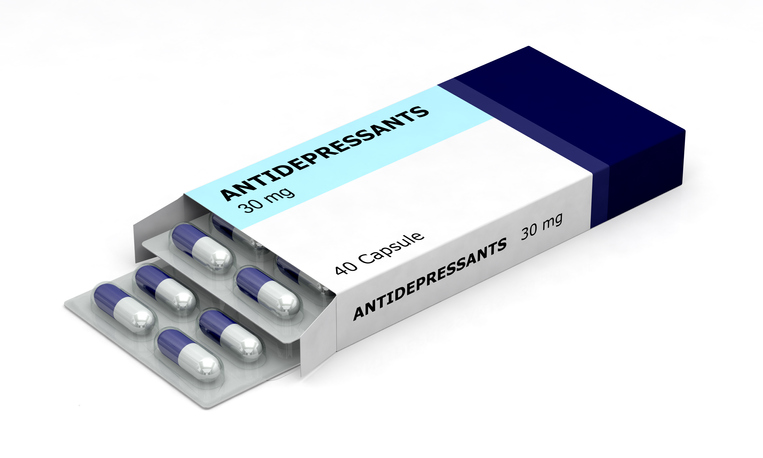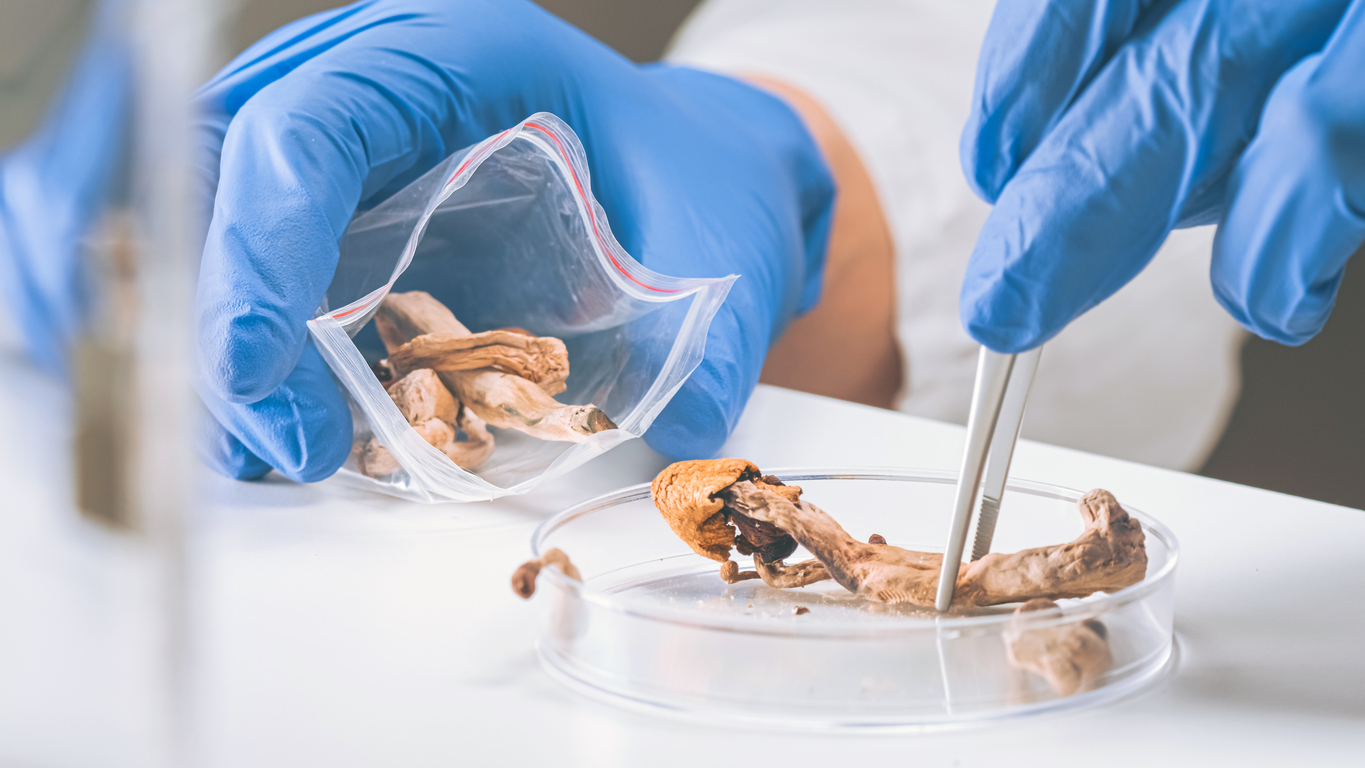Treatments
Managing Anemia

3 people found this helpful
Print
Share
Save
Anemia, or low hemoglobin, is a condition in which the body does not have an adequate amount of healthy red blood cells. Red blood cells provide oxygen to tissues throughout the body. Without the proper amount of healthy red blood cells, the tissues in the body do not receive adequate oxygen, which can cause various symptoms, such as fatigue, weakness, dizziness, or shortness of breath. Anemia has various causes.
Individuals should consult with a medical professional if they suspect they have anemia. A health care provider can order tests to identify the cause of the anemia and can develop a treatment plan.
Individuals can also take several steps to help manage symptoms of anemia:
- Get up slowly after sitting or lying down. Dizziness can worsen when standing too quickly. Getting up slowly helps maintain balance and stability.
- Balance activities. Balancing activity and rest can help with symptoms of fatigue and shortness of breath. Activities should be planned for times of the day when energy is typically at its highest. Periods of rest should be planned for times of the day when energy is typically at its lowest.
- Consult a dietitian. If a vitamin or mineral deficiency is the cause of anemia, a dietitian can help design a diet with foods rich in iron and B vitamins.
- Stay hydrated. Proper hydration may help improve the levels of hemoglobin (a protein in red blood cells) in the blood.
- Limit consumption of coffee and tea. These beverages can inhibit the absorption of iron. Low iron levels are a cause of anemia.
- Take vitamin C with iron supplements. If a medical professional recommends an iron supplement, taking it at the same time as a vitamin C supplement or a food or beverage containing vitamin C may improve absorption of the iron. On the other hand, iron supplements should not be taken with calcium or fiber supplements, as they can inhibit iron absorption.
- Avoid substances that cause or worsen anemia. Substances such as lead, arsenic, and copper can contribute to certain types of anemia. Avoiding exposure to these substances can help prevent anemia from worsening.



















